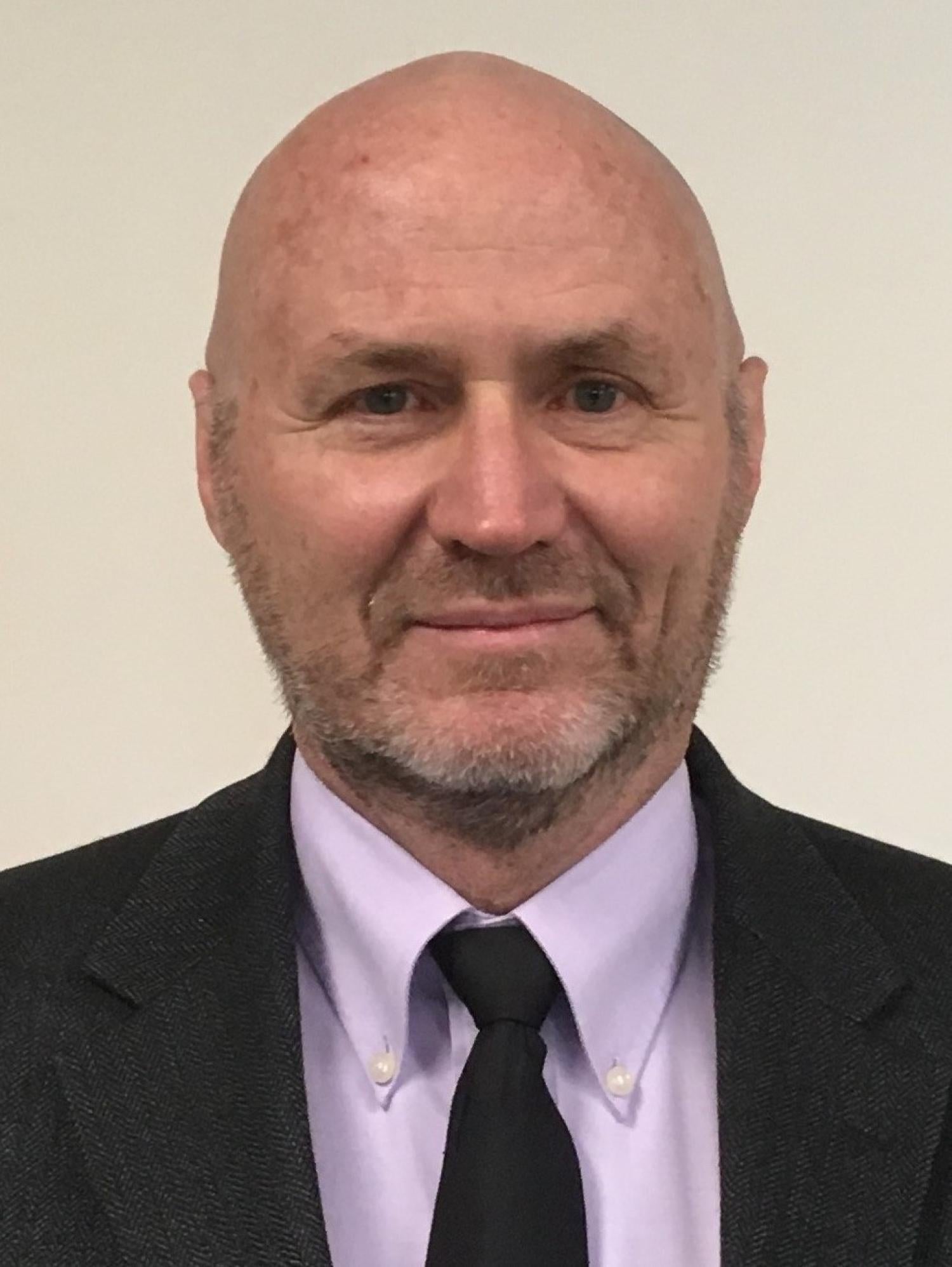Seminar: Passive and Active Spectrum Sharing - Sept. 11

Keith Gremban
Research Professor, Department of Computer Science, CU Boulder
Friday, Sep. 11 | 12:30 P.M. | Zoom Webinar - Registration Required
Abstract: The increasing demand for spectrum is forcing more spectrum sharing between disparate radio services. Spectrum sharing between passive and active systems has not been well researched. Deployed methods of spectrum sharing require some means of detecting whether a radio frequency (RF) band is being actively used. Passive systems do not transmit, so no means is available to detect remotely whether a passive system is operating. Currently, passive systems such as radio astronomy observatories are protected by prohibiting all transmissions in specific frequency bands, or by designating geographic radio quiet zones (RQZs) within which transmissions are prohibited at all frequencies. Moreover, increasing numbers of wireless devices are believed to be increasing the levels of ambient RF noise, further complicating the protection of passive systems.
In this seminar, we will present a research plan directed at protecting passive RF systems and enabling dynamic spectrum sharing between passive and active systems. We will discuss an approach to enable comprehensive, longitudinal studies of RF noise; key to this is the development and refinement of data structures, databases, and tools for long-term storage and analysis of RF noise measurements. Additionally, we will discuss spectrum sharing and mechanisms to enable bi-directional spectrum sharing between active and passive systems.
Bio: Dr. Keith Gremban is a Research Professor in the Department of Computer Science and a Senior Fellow with the Silicon Flatirons Center at the University of Colorado Boulder. Keith joined CU Boulder in November 2019 after 30 years in the defense industry as a software architect and systems engineer, where he led research and engineering efforts in robotics, command-and-control systems, and tactical communications. In 2011, Keith joined the Defense Advanced Research Projects Agency (DARPA) as a Program Manager in the Strategic Technologies Office, where he was responsible for a portfolio of programs in wireless communications and electronic warfare.
In 2015, Keith became the Director of the Institute for Telecommunication Sciences (ITS) in Boulder, which is the research and engineering laboratory of the National Telecommunications and Information Administration (NTIA). At ITS, Keith managed a staff of research engineers working in areas such as radio frequency (RF) modeling and measurement, electromagnetic compatibility analysis, and communications systems test and evaluation. Keith’s current research interests are in RF modeling and measurement, and dynamic spectrum sharing. Keith received his PhD and MS in Computer Science from Carnegie Mellon University, and his MS in Applied Mathematics and BS in Mathematics from Michigan State University.

